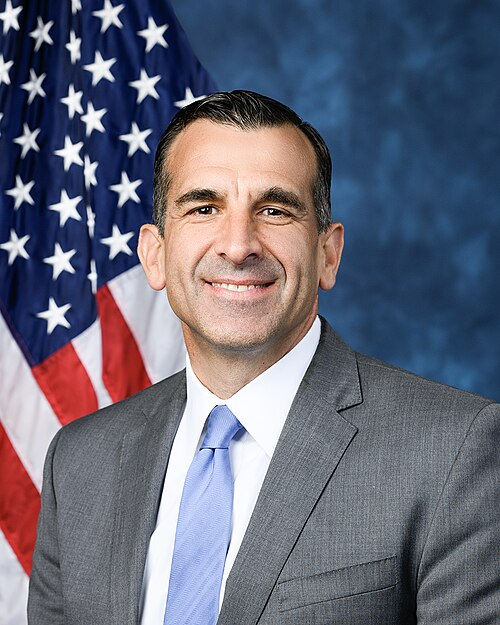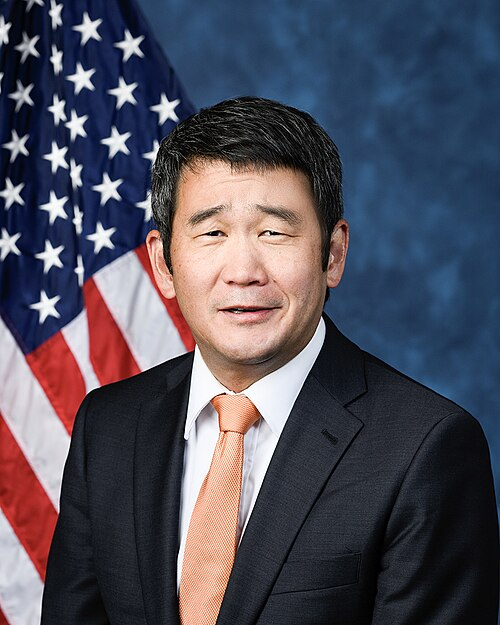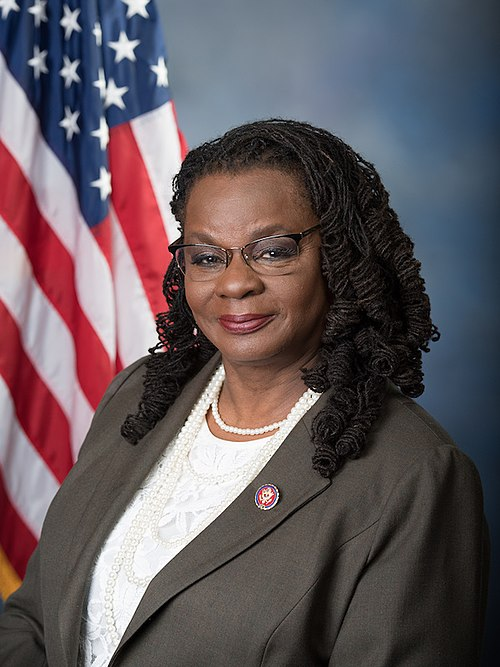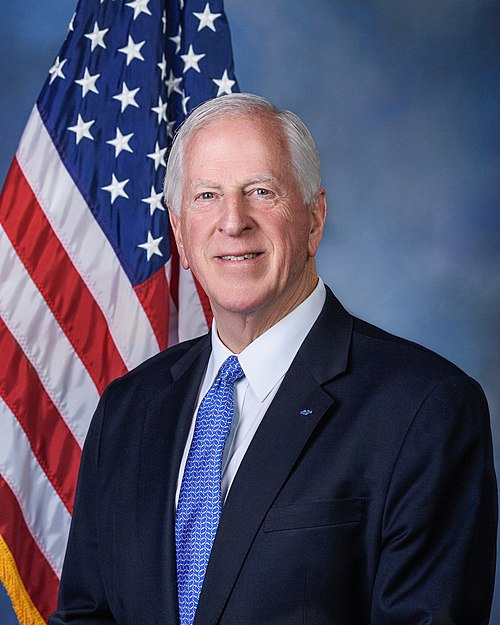H.R. 4502: Silver Shield Operational End Use Monitoring Act of 2025
This bill, known as the Silver Shield Operational End Use Monitoring Act of 2025, aims to enhance the monitoring of the use of defense articles and services sold, exported, or transferred by the United States. Here is a breakdown of its main provisions:
Establishment of the Silver Shield Program
1. The bill requires the President to establish a program called the Silver Shield program within one year after its enactment. This program is intended to improve accountability concerning the use of U.S. defense articles and services.
2. The program will monitor the use of these defense items to determine if they have been used to:
- Inflict civilian harm
- Violate international humanitarian law
- Commit serious violations of human rights
Program Requirements
The Silver Shield program will:
- Include monitoring for credible allegations of violations of international laws involving U.S. defense items.
- Determine the ineligibility for future arms transfers to countries that misuse these items for violations, with a timeline of 180 days to assess allegations.
- Incorporate best practices from previous monitoring programs and gather data from various sources, including eyewitness reports, intelligence information, and satellite imagery.
Coordination and Consultation
The coordination for the implementation of the Silver Shield program will occur between:
- The Department of State, particularly the Bureau of Democracy, Human Rights, and Labor.
- The Department of Defense and any other relevant federal agencies.
Additionally, the program will consult with experts from academic and non-governmental organizations to refine its monitoring and investigative processes.
Advisory Board
The bill mandates the establishment of an external advisory board consisting of experts in human rights and international law to guide the monitoring and investigation processes.
Amendments to Existing Laws
The bill proposes amendments to the Arms Export Control Act and the Foreign Assistance Act of 1961 to incorporate new conditions regarding the eligibility for receiving U.S. defense articles and services. Some key points include:
- Countries and organizations must agree not to use U.S. defense items for violations of international law.
- New agreements are required that detail the intended use of defense items to prevent misuse in conflicts.
Authorization of Funds
The bill allows for the appropriation of necessary funds to implement the Silver Shield program, treating it as both an administrative and operational cost linked to military assistance and sales.
Reporting Requirements
There will be periodic reports submitted to congressional committees detailing:
- Implementation progress
- Resource needs and constraints
- Operational usage of U.S. arms
- Incident investigations
Definitions
The bill includes definitions for terms relevant to its provisions, such as "civilian harm," "defense article," and "operational end-use monitoring," aimed at ensuring clarity in its application.
Effective Date
The amendments proposed in this bill will take effect one year after its enactment.
Relevant Companies
None found
This is an AI-generated summary of the bill text. There may be mistakes.
Sponsors
10 bill sponsors
-
TrackSara Jacobs

Sponsor
-
TrackJoaquin Castro

Co-Sponsor
-
TrackMadeleine Dean

Co-Sponsor
-
TrackWilliam R. Keating

Co-Sponsor
-
TrackSam Liccardo

Co-Sponsor
-
TrackJames P. McGovern

Co-Sponsor
-
TrackDave Min

Co-Sponsor
-
TrackGwen Moore

Co-Sponsor
-
TrackEmily Randall

Co-Sponsor
-
TrackMike Thompson

Co-Sponsor
Actions
2 actions
| Date | Action |
|---|---|
| Jul. 17, 2025 | Introduced in House |
| Jul. 17, 2025 | Referred to the House Committee on Foreign Affairs. |
Corporate Lobbying
0 companies lobbying
None found.
* Note that there can be significant delays in lobbying disclosures, and our data may be incomplete.
Potentially Relevant Congressional Stock Trades
No relevant congressional stock trades found.